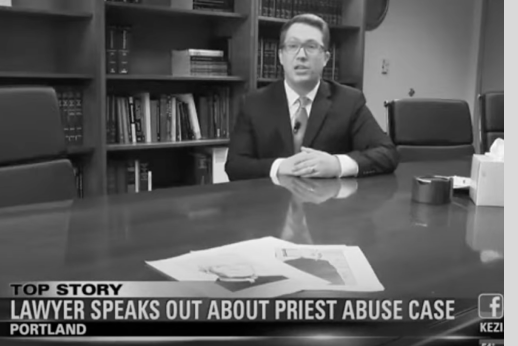Sexual Abuse in Schools: Educators and School Staff
When parents send their children to school, they expect them to be safe and nurtured by educators and school staff. Regrettably, some educators and staff, entrusted with children’s education and growth, can be perpetrators of sexual abuse in schools. Statistics indicate nearly 10% of students experience sexual misconduct by a school employee between kindergarten and the twelfth grade. School sexual abuse encompasses any physical, verbal, or visual sexual behavior between an educator and a student. School sexual misconduct is a broader term that includes a broad range of sexual behaviors, such as sexual innuendos, inappropriate touching, inappropriate messaging via text, email, or social media contact, soliciting sex, and sexual contact with a student. Given that 86% of child sexual abuse goes unreported, the prevalence of school sexual abuse may be far greater than the statistics suggest.
Typically, one offender works in three different school districts before their actions are reported to the police and they may abuse as many as 73 children. According to a 2010 Government Accountability Office Report, one contributing factor to an offender’s ability to switch districts and re-offend is the practice of school authorities allowing offenders to resign instead of facing disciplinary measures, frequently giving future employers favorable references for these teachers. Another contributing factor is the lack of criminal records because “few students, families or school districts report this sexual abuse to the police or other law enforcement officials.” With no criminal or disciplinary records, offenders can quietly move from one school district to another, continuing their predatory behavior.
Offenders often select professions that give them access to their target victims. In educational settings, offenders tend to target vulnerable students, particularly those who are economically disadvantaged, socially isolated, have disabilities, or come from troubled homes. Oftentimes, these children seek emotional support and validation, which offenders take advantage of through grooming and manipulation tactics. Grooming is a tactic used by offenders to “test the child’s ability to maintain secrecy and to desensitize the child through progressive sexual behaviors.” Grooming often leads to confusion for the victims, which may result in feelings of shame that make it difficult to report the abuse, especially in cases of child sexual abuse.
Students generally place a great deal of implicit trust in educators and school employees, viewing them as safe, trustworthy adults. The betrayal experienced when an educator or school staff member abuses this trust to commit sexual abuse is profound. Victims often suffer from severe emotional and psychological trauma, which can manifest in various ways. This includes chronic physical symptoms like headaches, fatigue, and sleep disturbances, as well as mental health issues such as depression, anxiety, low self-esteem, suicidal ideation, and suicide attempts. Additionally, their academic performance can be adversely affected, marked by decreased class engagement and participation, increased absenteeism, and a general aversion to school. The trauma doesn’t necessarily end with the abuse itself—victims may face re-traumatization in educational settings or have their trauma exacerbated by environmental triggers.
At Crew Janci, we are committed to helping survivors of sexual abuse find healing, help, and justice. We understand the courage it takes for victims to come forward, and we strive to provide the support and legal expertise they need during their journey toward healing.
If you or your child has been a victim of sexual abuse by an educator or school employee, please contact our team of licensed, caring professionals today to learn about your legal rights. Call today for a free, confidential consultation at: 1-888-407-0224 or use our confidential submission form. We will treat you with dignity and respect.
You are not alone. We are here to help.
Empowering Change
Related Resources
are here to guide and empower you or someone you care about.

Mormon Sexual Abuse – What You Need to Know
Experiencing or hearing about sexual abuse within the Mormon church, officially referred to as the Church of Jesus Christ of Latter-day Saints...

Common Signs of Institutional Negligence in Juvenile Detention
Juvenile detention facilities are supposed to help young people get back on track by providing education, therapy, and support. But when these...

Rebuilding Trust: Steps Toward Healing After Clergy Sexual Abuse
Clergy sexual abuse is one of the most devastating violations of trust, leaving survivors to grapple with profound psychological, emotional, and spiritual...
Don’t face this alone.



























